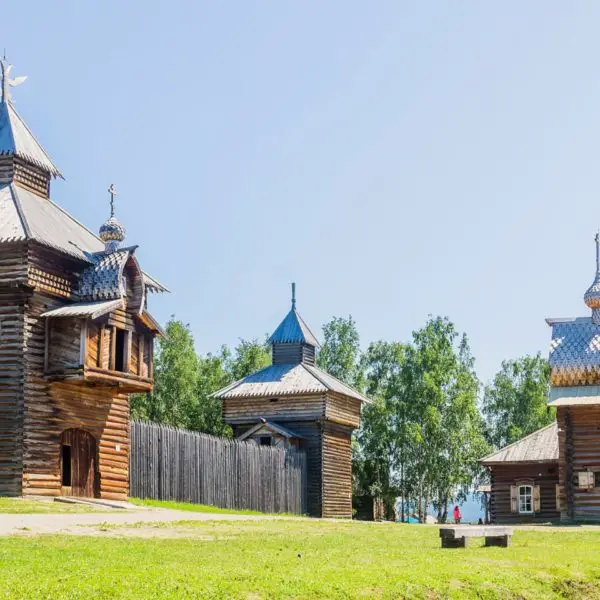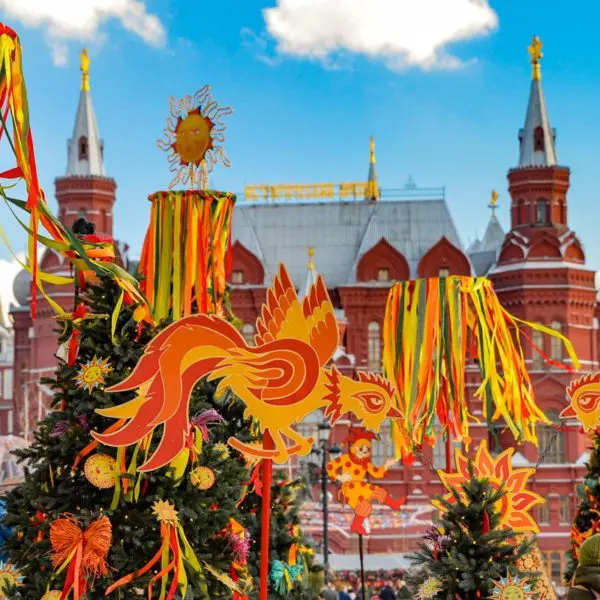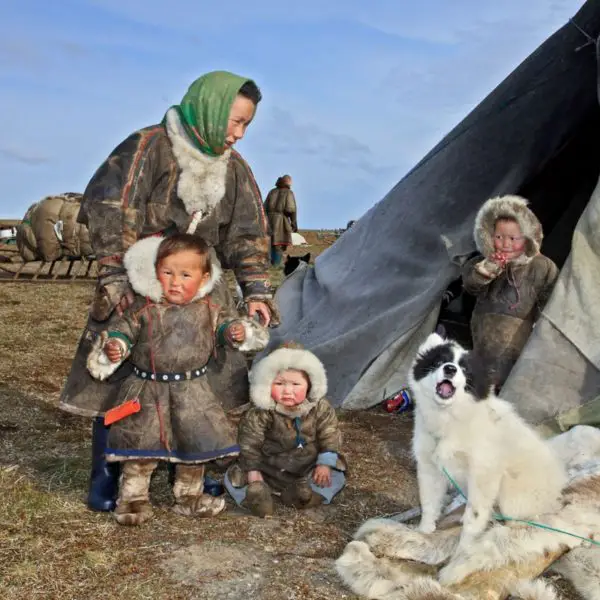The Russian smile: a mysterious facet of Russian culture
Russians are stereotyped have a reputation for being stern and unsmiling people, but actually, Russians do smile often, and their smiles mean different things in 10 different situations.
What does the Russian smile mean to you?
A smile is a simple act but takes a great deal of effort. When done right, a smile can cause boundaries to dissolve, hearts to melt, and home to feel closer than ever. In Russia, a smile reflects well-being, prosperity, a good mood. While this may occur to most people, in Russia everyone notices a smile. When you see people smiling at you in the western cultures, it doesn’t mean anything other than an overall neutral attitude toward you. By contrast, in Russia, no smile is a sign of a neutral politeness, and a smile is always informative. A Russian smile is always personal. When a Russian smiles at you, he or she wants to say that he or she likes you sincerely.

When Russians visit Europe or America for the first time, they enjoy looking at smiling faces, because they take it personally. They really believe that everybody abroad is very kind. After a few days, Russian tourists learn that a smile here actually means nothing and start blaming locals for insincerity. Sincerity and openness are hallmarks of Russian culture, which is why Russian smiles are rare and expressed only in contexts where they are appropriate and express an honest emotion of happiness.
Below are 10 descriptions of typical Russian smiles, and non-smiles for you to recognise when you’re travelling through Russia.
#1 – The closed-mouth smile
Most often, Russians smile only with their lips, only occasionally showing the upper row of teeth slightly. Revealing the top and bottom teeth is considered vulgar, as it resembles that of a horse.

#2 – The servant’s smile
In Russian communication, a smile is not a signal of politeness. Russians consider a polite smile as “servant’s smile.” It is considered a demonstration of unwillingness to show one’s true feelings.
#3 – The non-smile
In Russian communication, it is not acceptable to smile at strangers. Russians smile mainly at people they know. This is why salespeople do not smile at shoppers.
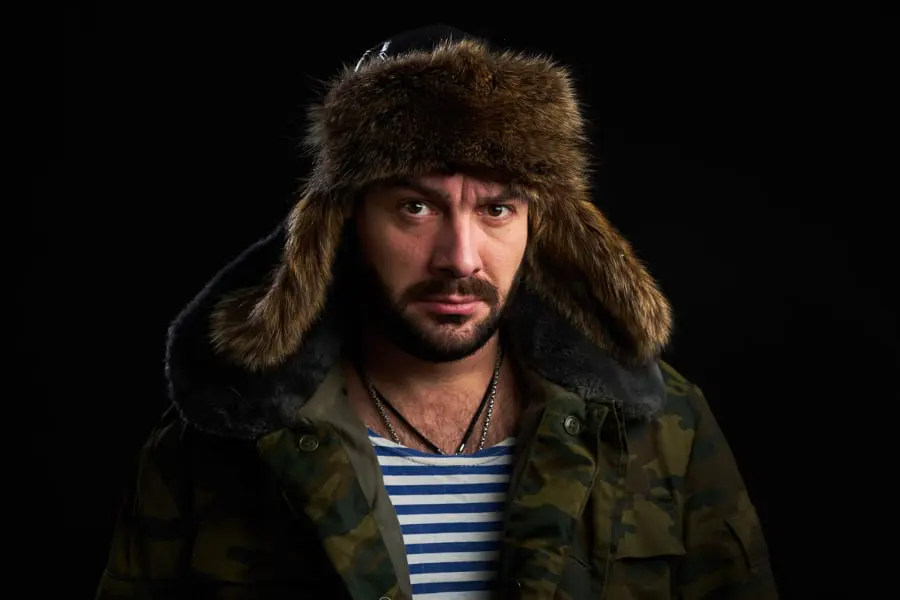
#4 – The responsive smile
Russians do not automatically respond to a smile with a smile. If an acquaintance responds to a smile with a smile, this is considered an invitation to come over and start a conversation.
#5 – The smile as a symbol of affection
A Russian smile demonstrates to the recipient that the smiling person has personal affection towards him or her. A smile directed at a stranger may elicit the reaction, “Do we know each other?”
#6 – The official’s non-smile
Among Russians, it is not acceptable to smile while performing one’s job or any important business. Customs agents do not smile because they are occupied with serious business. One of the most common remarks Russian teachers make in class is, “What’s funny? Write down the homework.”
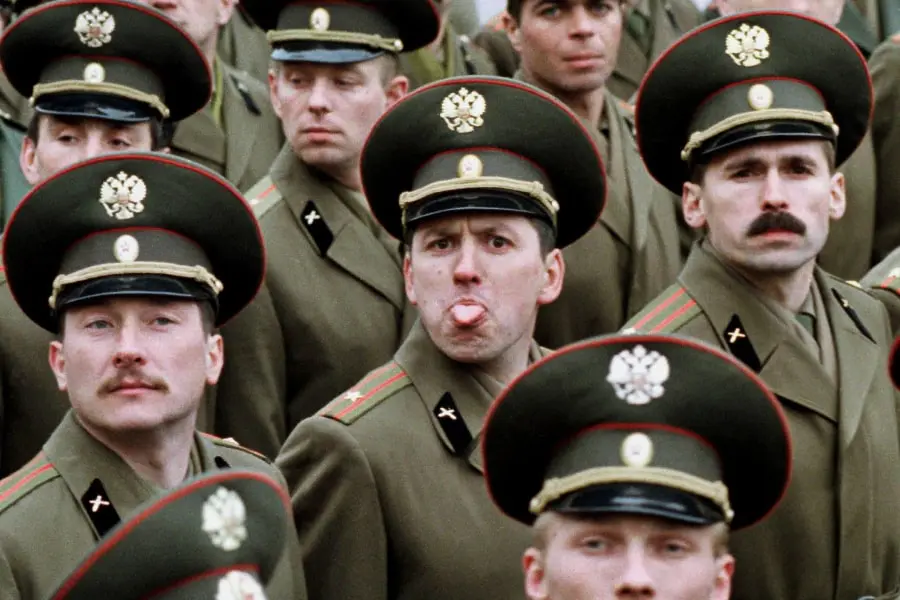
#7 – The genuine smile
In the Russian collective consciousness, there is a rule: the smile must be a genuine reflection of a good mood and good relationship. In order to have the right to smile, one must truly like the person or be in a very good mood at the moment.
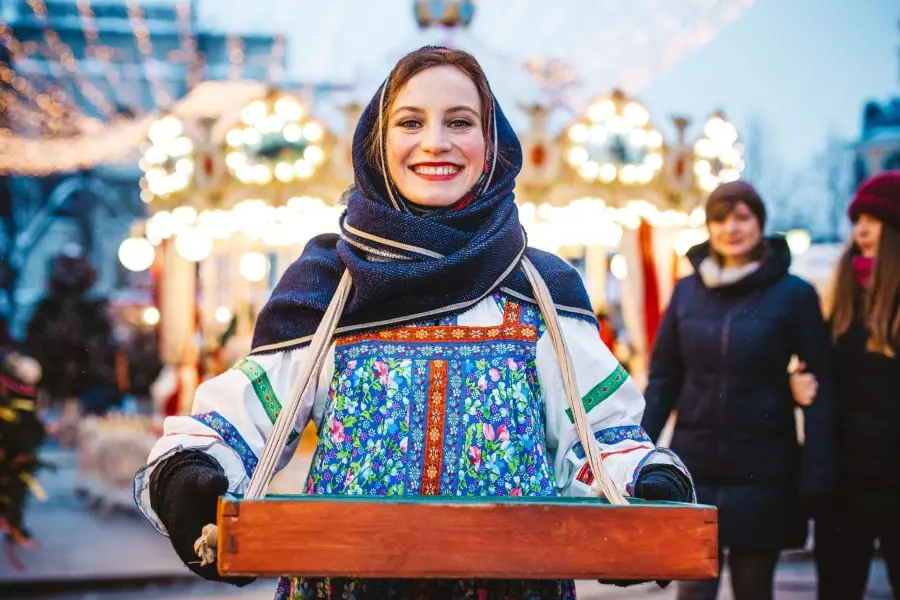
#8 – The smile for no reason
If a Russian person smiles, there should be a good reason behind it – and everyone should know this reason. If the reason for a smile is not clear, Russians may worry about the reason behind it.
#9 – The appropriate Russian smile
The other people present must consider the smile to be appropriate for the context. It is not acceptable to smile in a difficult situation or if there are people around with known serious troubles.

#10 – A laugh as a smile
Among Russians, there is a blurred line between a smile and laughter. In practice, these phenomena are often the same and are likened to each other. Russians often say to people who are smiling, “What’s so funny?”
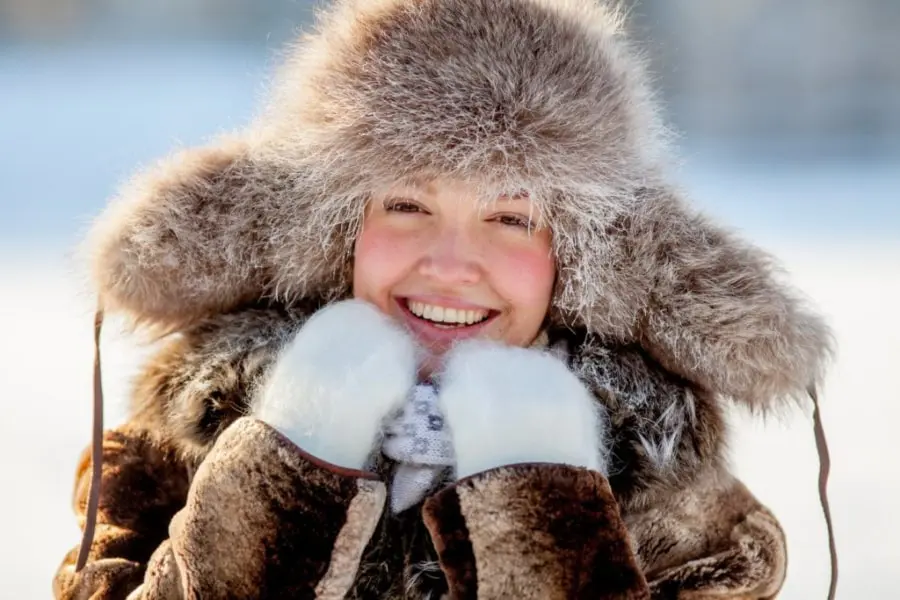
Hopefully, this helps you determine the elusive Russian smile while you’re travelling in Russia. Check out the video below to get some more info about why Russians do not smile.
If you want to learn more about Russian mysterious Customs and Traditions, explore our Travel Guides. If you want to experience the Russian smile firsthand, why not check out one of our handcrafted tours.
Related posts
If you have any urgent questions or enquiries, please give us a call +61 412 587 785
